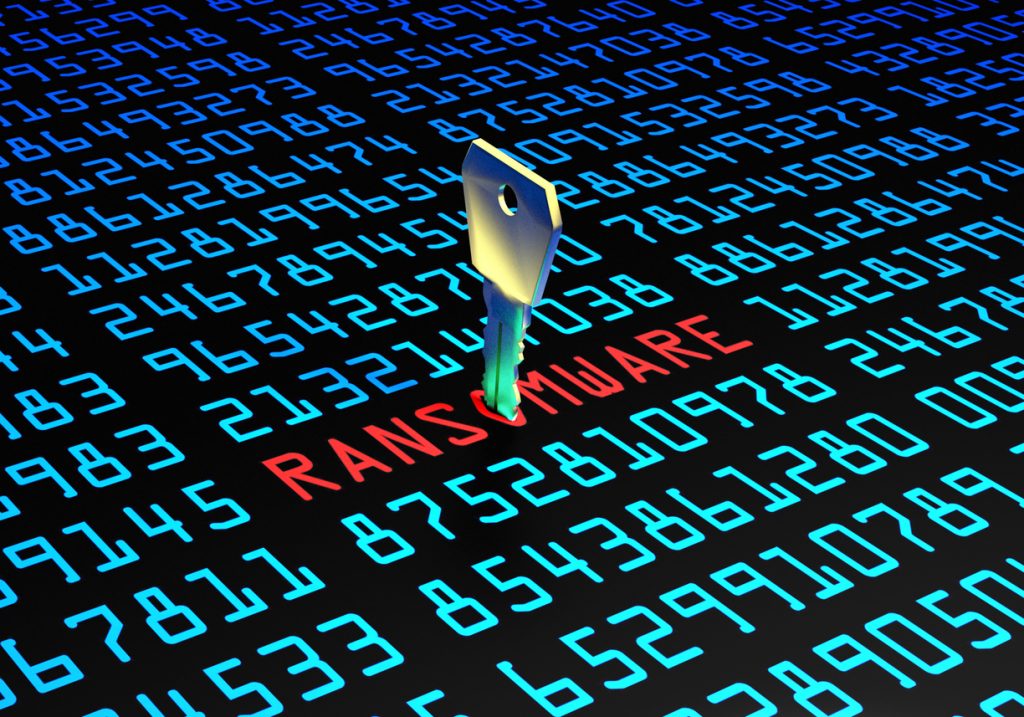How to Prepare and Apply for the FCC $200 Million Cybersecurity Pilot
In an era where cyber threats loom large over educational institutions, the FCC has created a much-needed $200 million cybersecurity pilot program to schools and libraries across the U.S.. This initiative is not just about providing funds for improved defenses, but also about gaining crucial insights into the most effective cybersecurity solutions for the K-12 landscape.
For schools grappling with limited budgets and escalating cyber risks, this could be a game-changer.
Here’s a breakdown of what the program involves, how to make sure your institution is eligible, how to prepare for the FCC Cybersecurity Pilot Program, and how Cox Business can improve your school’s cybersecurity.
An FCC Cybersecurity Pilot Program for Schools and Libraries
The purpose of the Federal Communications Commission’s Schools and Libraries Cybersecurity Pilot Program is two-fold. First, it enables schools and libraries to improve their cybersecurity systems by giving them the money they need to purchase and maintain products and services. Second, according to a June 6, 2024, FCC press release, the program “will allow the Commission to obtain actionable data about which cybersecurity services and equipment would best help K-12 schools and libraries address the growing cyber threats and attacks against their broadband networks.”
The program will last for three years and allocate $200 million to schools and libraries prioritizing funding for low-income schools or libraries serving low-income communities. The government has already implemented the E-Rate program, which connects schools and libraries in a way that promotes digital equity. The FCC Cybersecurity Pilot Program doesn’t replace this program but works in conjunction with it. For instance, E-Rate can support basic firewalls but does not support the licenses that maximize the benefits of the firewall. Whereas the pilot program support the purchase of the feature enabling licenses.
School districts can be awarded as much as $13.60 per student with an annual floor of $15,000 annually for schools with 1,100 students or less and an annual cap of $1.75M for school districts with more than 110,000 students. .
Libraries and library systems can be awarded as much as $15,000 per library with a cap of $175,000 for library systems over 11 sites. For example, if a school district has 2,000 students, they could gain access to as much as 2,000 X $13.60 = $27,200 annually.
Who Can Apply to the FCC Cybersecurity Pilot and How
Individual K-12 schools, school districts, individual libraries, library systems or consortia can apply for this pilot program starting in Fall 2024. To apply, you have to provide:
- identification and contact information
- cybersecurity posture and risk management practices
- information on unauthorized access and cybersecurity incidents
- the specific types of cybersecurity services and equipment to be purchased with Pilot funds
- and how you plan to collect data and track their cybersecurity progress if selected as a Pilot participant
How to Apply
The application process has two parts:
Part 1: You have to provide general information about your institution, including your experience with cyber security, whether you’re planning to use recommended best practices and the free or low-cost federal resources you’re currently using or expect to use. You also have to outline how you’ll use the funds and how this will reduce your cyber risk.
Part 2: If you’re selected to participate in the program, you will have to provide detailed information about your current cybersecurity solution, how you have been managing cyber risks, and a history of threats and attacks over the course of the year preceding your application.
The key to building a successful application will be to provide as much documentation as you can. In addition to your school’s cybersecurity, technology, and budget plans, you want to give evidence of your current cybersecurity posture and risks.
For instance, rather than simply saying you use a firewall to prevent students from accessing harmful websites, you can include the firewall’s name, model number, and specs, as well as screenshots of your configuration settings and log of threats blocked.
Your FCC Cybersecurity Pilot Action Plan
Your first step in preparing for the pilot program is to conduct a risk assessment. This outlines your vulnerabilities and prioritizes the elements of cybersecurity you want to focus on.
For example, you may have a web app that teachers use to enter grades. This could be susceptible to data thieves or saboteurs looking to steal information or damage the system.
You then want to draw up your cybersecurity plan. Here’s are three key topics to get you started:
- Goals, such as encrypting all sensitive data or enabling role-based access controls across your digital ecosystem
- Strategies, which involve both the tools or services you’ll employ and how you’ll configure or cater them to meet your goals
- Timelines, such as the end of the 2024-2025 school year or the conclusion of a specific semester
To ensure a smooth implementation and community-wide buy-in, you’ll also want to connect with a range of stakeholders. These may include IT staff, teachers, admins, parents, students, and support staff. By uniting these voices during the planning process, you gain a comprehensive array of perspectives and ensure your implementation can meet everyone’s needs.
In addition to establishing a general plan, it’s a good idea to bring in a reputable cybersecurity service provider, such as Cox Business. With years of experience helping schools beat back cyber thugs, Cox Business’s cybersecurity understands the risks and the solutions needed to mitigate them.
Once you’ve taken these steps, you’ll want to get your documentation together. This may involve working with your IT team and any security architects you currently employ or have employed in the past. This way, you ensure your documentation reflects your current security situation and gaps. If you don’t have a team, then consider bringing in a managed service provider like Cox Business to bolster your defenses.
Your Trusted Partner in Cybersecurity
Cox Business specializes in providing cybersecurity solutions for schools and libraries. Our expertise gives you access to seasoned cybersecurity pros who have a deep understanding of the threat landscape for schools and how to reduce your risk.
Our cybersecurity solution includes a suite of services, such as malware, botnet, ransomware, and spyware protection, as well as backup and restoration services suited to your digital ecosystem.
To get you started, we can begin with a free consultation or assessment where we help you identify your cybersecurity needs and start building a plan. We’re there with you from your needs assessment to implementation, and we also provide ongoing support to optimize your solution as your needs evolve.
Take the Next Step Toward a Secure Future
The FCC Cybersecurity Pilot Program represents a rare opportunity for schools to get federal funding to protect their data, staff, and students from attackers and threats. Given that the application window just opened, it’s important to start taking the steps described above now.
- Cox Business Attends The Hospitality Show 2024 – San Antonio - December 2, 2024
- Newport Investors Summit: A Hub of Innovation and Community Collaboration - November 8, 2024
- Celebrating the NWA LPGA Championship: A Community and Sporting Triumph - October 23, 2024



